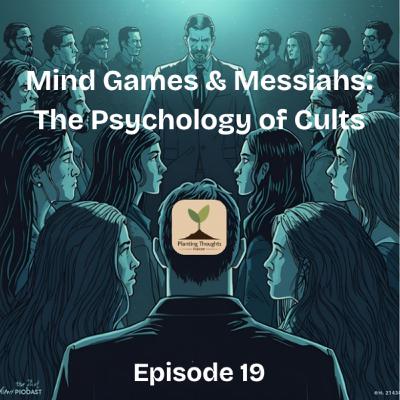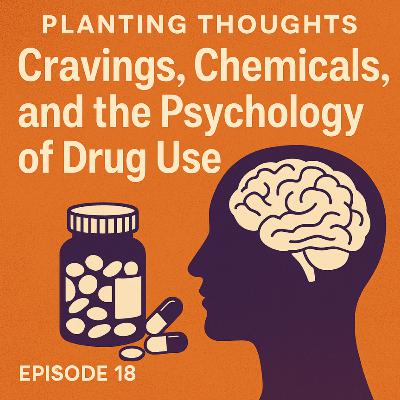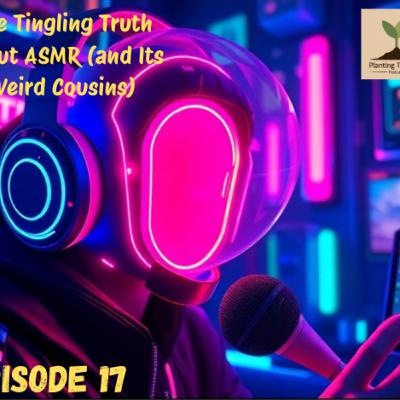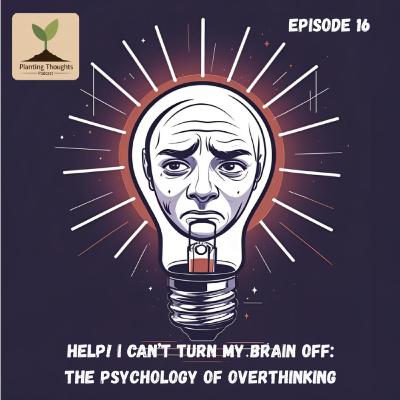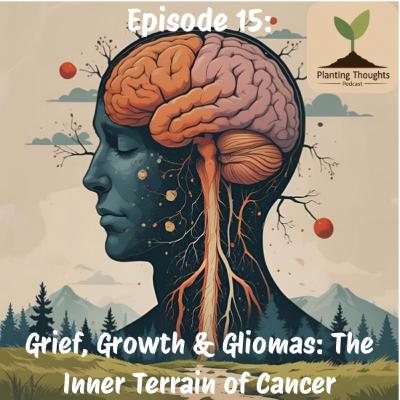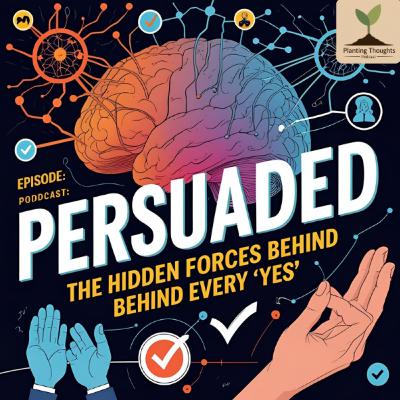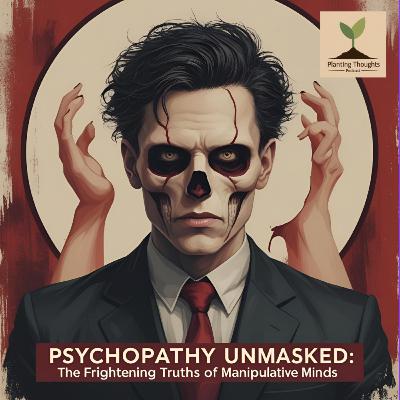Imposter Syndrome: Science, Shame, and Three Evidence-Backed Fixes
Description
Follow us on:Instagram: @planting_thoughts_podcast YouTube: @plantingthoughtsAre you secretly waiting for someone to expose you as a fraud? You’re not alone. This video cuts through the noise and dives into the decades of peer-reviewed research on the Imposter Phenomenon (it's much more than just low confidence!). We’ll expose the psychological mechanisms that keep you stuck and, most importantly, give you three concrete, science-backed practices you can start tonight to rewire your response.🔍 Keywords: psychology podcast | human behavior | moral psychology | cognitive biases | social psychology | mental health science | Planting Thoughts podcast | psychology explained | funny psychology podcast🔑 In This Episode, You'll Learn:The Origins and Reality: The Impostor Phenomenon was first studied by researchers in 1978 in accomplished women, and modern meta-analyses show that an estimated 20-50% of high-achievers across all fields (tech, medicine, academia) experience these feelings. We discuss why this isn't a "me" problem, but a well-studied pattern, and why the label "syndrome" can sometimes distract from systemic issues.The Three Engine Blocks of Imposter Syndrome: We break down the three research-backed mechanisms that keep the feeling alive: Perfectionism (and setting maladaptive standards), Attributional Styles (crediting success to luck, not effort), and Social Comparison (misinterpreting sparse feedback). We show you the research that links high personal standards to feelings of being an imposter.Three Evidence-Backed Interventions: Discover the powerful moves that actually work. First, Self-Compassion Practice (studies on Mindful Self-Compassion show significant well-being boosts). Second, Attribution Retraining (using CBT techniques to challenge "luck" and build an "Evidence File"). Third, Social Calibration & Mentorship (how external, accurate feedback reduces isolation).Your Action Plan: Get our easy, three-line rebuttal script for when the imposter thought hits: Name it, Evidence Check, and a Self-Compassion Line ("I’m allowed to learn. Mistakes don’t erase competence."). Plus, we reveal two bonus micro-habits (Micro-failure logging and the Affirmation-plus-evidence ritual) to cement your new competence identity.Ready to stop feeling like a fraud and start owning your accomplishments? Hit play!#impostersyndrome #selfcompassion #psychology #personaldevelopment #mindfulness #successtips #mentalhealth








